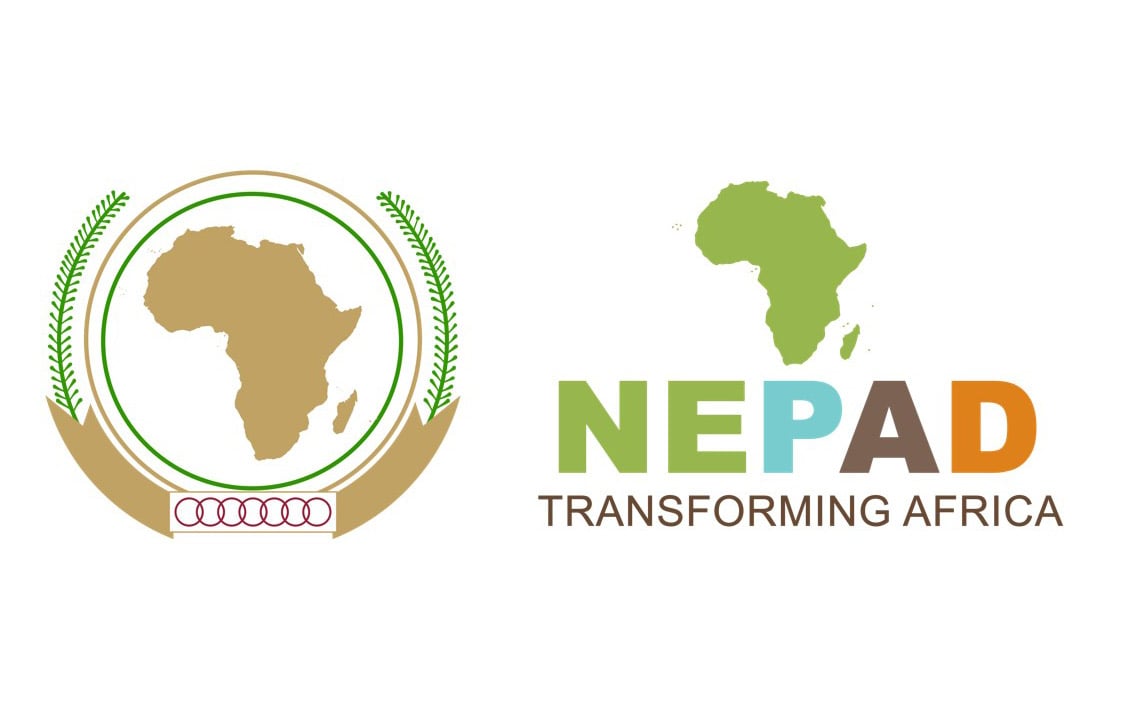By working together, those involved in the medicines regulatory systems strengthening work on the continent will benefit those who need it most
In the last two decades, Africa has witnessed a sharp increase in the number of organisations involved in medicines regulatory systems strengthening work on the continent. No doubt that Africa stands to benefit as this number continues to grow and niche streams of work emerge. However, this has led to lack of co-ordination to effectively harmonise the different interventions. Inter-organisation strategy is ambiguous with no proper mechanisms in place, and the limited human and financial resources are taking a knock as they get thinly spread, thereby reducing the expected impact of the interventions. This has also contributed to the duplication of similar work by different organisations in Africa.
The above challenges have the potential to negate the hard-won gains in the medicines regulatory space on the continent. Putting this situation right requires collective effort and mutual responsibility from the different players in the marketplace. Bringing different players to work together in a well co-ordinated and systematic fashion will help to ensure the countries receive the kind of technical as well as financial support in areas that require it the most, and that will deliver the best results.
So how can this be achieved, you may well ask? The answer cannot be found in a singular independent organisation. It’s time to search beyond individual organisational capacity and geographical reach and explore how to bring stakeholders at different levels, and in different specialised areas to work together and complement each other at continental, regional and national levels to align interventions, to achieve maximum impact and sustainability. Just as regulators can no longer do it alone, the same holds for development partners and agencies.
This approach will not only bring sanity to the African medicines regulatory space, but also reduce the potential of confusion brought to the benefitting countries by having too many hands in the pot with disparate visions, goals and objectives. The status quo is no longer an option; we cannot continue doing business as usual, yet expect to see different results. Change has to happen, and happen now!

Africa is finally seeing light at the end of the tunnel with the establishment of the African Medicines Regulatory Harmonisation Partnership Platform (AMRH_PP) in April 2018. The AMRH_PP is a robust response to the challenges above and is intended to serve as a strong co-ordination mechanism to enhance efficiency and effectiveness in the implementation of the medical products regulatory systems strengthening and harmonisation agenda in Africa. It will achieve this through optimal co-ordination of the different partners and stakeholders providing regulatory support on the continent.
The AMRH_PP is the Africa chapter of the World Health Organization Coalition of Interested Parties (WHO–CIP). So what will AMRH_PP do differently to achieve different results and converge ideas and focus?
AMRH_PP is strategically established to provide a fertile platform to increase collaboration among different stakeholders supporting medicines regulatory work in Africa. It will foster a sense of mutual responsibility, transparency and accountability, share the impact and minimise duplication by effectively co-ordinating medicines regulatory systems strengthening and harmonisation work in Africa.
The AMRH_PP currently has a total of 34 members in different specialised areas of medicines regulation from dossier review and registration, pharmacovigilance, clinical trials, blood and blood products, to post-marketing surveillance and quality control and assurance. Other areas include medical devices and diagnostics, Good Manufacturing Practices (GMP), policy and regulatory reform, regulatory capacity, etcetera. African countries stand to benefit from the work of the AMRH_PP. Global stakeholders and partners are already on-board the AMRH_PP, the gamechanger in the medicines regulatory space.
Interested in joining the AMRH_PP? Please send an email to Nancy Ngum on [email protected]
Follow AMRH on Twitter: https://twitter.com/NEPAD_AMRH